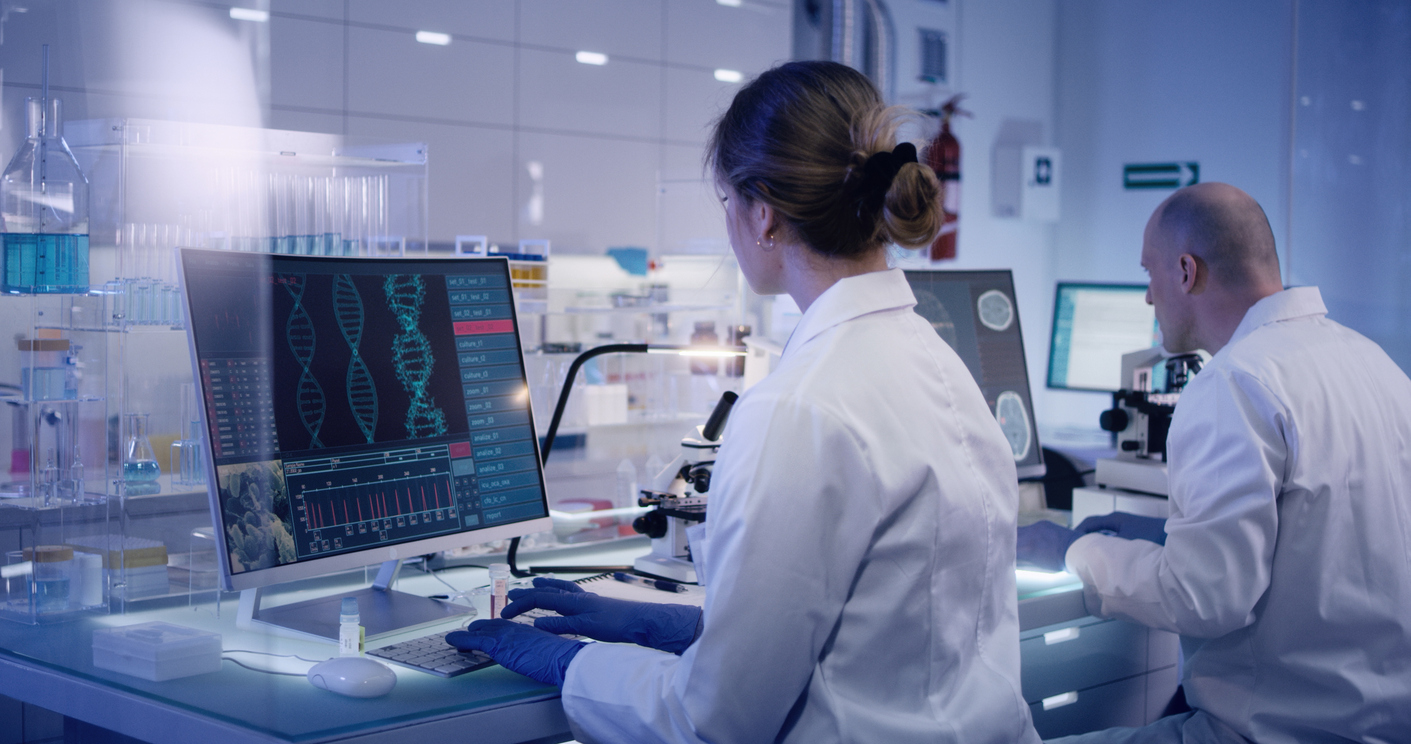Key Takeaways
- Clinical genetic testing has evolved from single-gene analysis to comprehensive genomic profiling, revolutionizing disease diagnosis and treatment selection.
- The integration of artificial intelligence and machine learning is accelerating test interpretation and improving accuracy.
- While costs are decreasing, challenges remain around insurance coverage, genetic counseling access, and ethical considerations.
- The future promises expanded newborn screening, liquid biopsies, and pharmacogenomic applications.
- Growing databases of genetic variants are enhancing our understanding of disease mechanisms and treatment responses.
Clinical genetic testing has emerged as a cornerstone of modern medicine, transforming how we diagnose, treat, and prevent diseases. This powerful tool allows healthcare providers to peer into a patient’s genetic code, uncovering vital information about disease risks, treatment responses, and inherited conditions. As we continue to unlock the secrets hidden within our DNA, genetic testing is paving the way for increasingly personalized medical care.
The Current Landscape of Clinical Genetic Testing
Today’s genetic testing encompasses a wide range of applications, from carrier screening for family planning to cancer diagnostics. Diagnostic testing helps identify specific genetic conditions in symptomatic patients, while predictive testing reveals disease risks before symptoms appear. Carrier screening determines if prospective parents, individually and in combination with their partner, carry genetic variants that could affect their children, and pharmacogenetic testing guides medication selection and dosing based on a patient’s genetic profile.
Recent technological advances have dramatically improved testing capabilities. Next-generation sequencing (NGS) now allows rapid and cost-effective analysis of multiple genes simultaneously. This has enabled comprehensive genomic profiling, particularly valuable in cancer treatment, where understanding the genetic makeup of tumors guides therapy selection. Panel testing can examine dozens or hundreds of genes associated with specific conditions, providing a more complete picture of genetic risks and potential treatment options.
Benefits and Impact on Patient Care
The impact of genetic testing on patient care has been profound. Genetic testing provides definitive diagnoses for a variety of conditions, ranging from muscular dystrophies to cardiac arrhythmias. Early risk assessment through genetic testing can lead to preventive interventions before symptoms develop, potentially avoiding serious health complications. Hereditary Breast and Ovarian Cancer (HBOC) testing, assessing pathogenic variants in the BRCA1 and BRCA2 genes (among others) is the most notable example of this. In cancer treatment, genetic testing helps identify targeted therapies most likely to benefit specific patients, improving treatment outcomes while minimizing unnecessary side effects.
Non-invasive Prenatal Screening (NIPS) offers an earlier and less invasive technology than amniocentesis, allowing parents to make informed decisions about their pregnancies. Rapid genome sequencing in the Neonatal Intensive Care Unit (NICU) can guide therapy selection for critically ill newborns with genetic disease.
Challenges in Implementation
Despite its benefits, genetic testing faces several challenges. Interpretation of genetic variants remains complex, particularly for newly discovered variants with uncertain clinical significance. This complexity necessitates sophisticated analysis and experienced genetic counselors to help patients understand their results and make informed decisions.
Cost remains a significant barrier, although prices have decreased substantially. Insurance coverage varies widely, and many patients face high out-of-pocket expenses. Access to genetic counseling services is limited in many areas, creating potential disparities in care. Privacy concerns and the risk of genetic discrimination, despite legal protections, continue to worry many patients.
The Future of Genetic Testing
The future of genetic testing holds extraordinary promise. Emerging technologies and advancing knowledge are expanding its capabilities and applications. Here are key developments shaping the field:
- Artificial Intelligence Integration: Machine learning algorithms are increasingly helping interpret genetic variants and predict their clinical significance. These tools can analyze vast amounts of genomic data to identify patterns and relationships that might escape human detection, improving both accuracy and efficiency of genetic testing.
- Liquid Biopsies: These blood-based tests can detect circulating tumor DNA, offering less invasive alternatives for cancer monitoring and early detection. Future improvements to test performance may lead to widespread regular screening for multiple cancers through simple blood draws, revolutionizing early detection programs.
- Expanded Newborn Screening: Advanced sequencing technologies and lowered costs may soon enable comprehensive genomic analysis of newborns, identifying risks for hundreds of conditions. This could allow preventive interventions beginning in infancy, potentially preventing many genetic diseases from manifesting.
- Polygenic Risk: While some diseases are caused by single genetic variants, others have small contributions of risk from many variants across multiple genes. Polygenic Risk Scores (PRS) can assess risk of disease across these locations on the genome.
- Pharmacogenomics Growth: As our understanding of gene-drug interactions expands, genetic testing will increasingly guide medication selection and dosing. This could dramatically reduce adverse drug reactions and improve treatment effectiveness across multiple medical specialties.
- Enhanced Data Integration: Growing databases of genetic variants and their clinical implications will improve our ability to interpret test results. Integration with electronic health records and clinical decision support systems will make genetic information more accessible and actionable for healthcare providers.
- Population-Scale Sequencing: Large-scale genomic studies will continue to reveal new genetic associations with diseases and drug responses. This knowledge will enhance our understanding of disease mechanisms and guide development of new treatments.
- Real-Time Monitoring: Sequencing enables continuous monitoring of genetic changes, particularly in cancer treatment, allowing more dynamic and responsive therapeutic approaches.
Conclusion
Clinical genetic testing stands at the forefront of medical innovation, promising increasingly personalized and effective healthcare. As technologies advance and costs decrease, genetic testing will become more integrated into routine medical care. However, realizing its full potential requires addressing current challenges while carefully considering ethical implications and ensuring equitable access. The future of genetic testing offers unprecedented opportunities to improve human health, but success depends on thoughtful implementation and continued scientific advancement. As we move forward, the integration of genetic information into clinical practice will increasingly become not just an option, but a standard of care, revolutionizing how we prevent, diagnose, and treat disease.
References
- Manolio, TA, et al. (2019). Opportunities, resources, and techniques for implementing genomics in clinical care. https://doi.org/10.1016/S0140-6736(19)31140-7
- Dewey, FE, et al. (2014). Clinical interpretation and implications of whole-genome sequencing. https://doi.org/10.1001/jama.2014.1717
- Green, RC, et al. (2020). Clinical Sequencing Exploratory Research Consortium: Accelerating evidence-based practice of genomic medicine. https://doi.org/10.1016/j.ajhg.2016.04.011
- Phillips, KA, et al. (2018). Genetic test availability and spending: Where are we now? Where are we going? https://doi.org/10.1377/hlthaff.2017.1427
- Stueland, K. (2025, February 10). GeneDx CEO wants genetic testing for every newborn. AP News. https://apnews.com/article/genedx-whole-genome-sequencing-newborns-3e61e501f973057fa57f294b5b198d72


